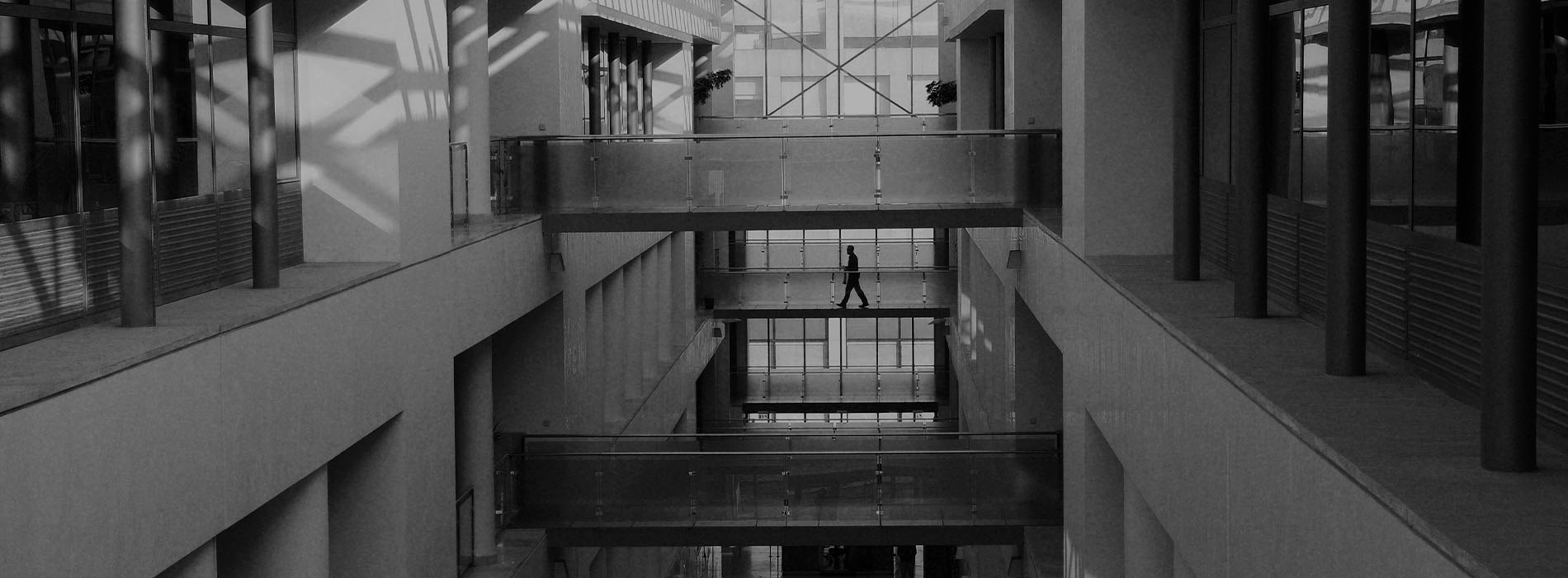Applied Ethics Group (GEA)

Researcher in charge: Sara Degli Esposti
Members
- Fernando Aguiar
- Martí Ariza Sadurní
- Txetxu Ausín Díez
- Delia Belleri
- Jaime Bes Alonso
- Laura Centeno Casado
- Samuele Chilovi
- Rodrigo Jesús Díaz Martín
- Ayoze González Padilla
- Belén Liedo Fernández
- Daniel López Castro
- Rafael Mata Milla
- Melania Moscoso Pérez
- Cristian Moyano Fernández
Priority lines
- Experimental ethics and empirical methods in philosophy
- Ethics, AI, robotics and data science
- Ethics, society and global crisis: public health, care and disability
- Public ethics and good governance
Applied ethics is today one of the most fertile areas of research in philosophy, humanities, and social sciences. It approaches the complexity and uncertainty of activities, practices and processes from the ethical reflectivity and therefore it’s linked to contemporary outstanding public issues: robotics and artificial intelligence, crisis of politics and good governance, human enhancement, ageing, human rights and duties. And they do this from four axes: participation, interdisciplinarity, deliberation and dissemination.
Goals
- To develop quality research in different areas of applied ethics, specifically: bioethics, robo-ethics and ICT, good governance and democracy, research integrity, ageing, transhumanism.
- Promote the introduction of new approaches and disciplines in the field of applied ethics, such as empirical methodology (experimental philosophy) and convergence with related areas such as law (bio-law).
- Prepare quality training proposals, reports, advice, codes, and other instruments that favour a culture of public deliberation and good practices.
- Consolidate the main Spanish network of applied ethics, favouring coordination between researchers, projects, tools, and teaching programmes.
- Advance a space for interdisciplinary reflection on the EU’s RRI (Responsible Research and Innovation) strategy.
- Collaborate with public institutions, third sector organisations and companies in the analysis of the “ethical determinants” of their activities.
- To disseminate expert knowledge on philosophy, ethics, and public affairs to favour and broaden the terms of public discussion in a social context of uncertainty and complexity.
Dept. of Philosophy, Culture and Society


